Reshaping the Creator Economy with Web3
Published on Dec 29, 2024
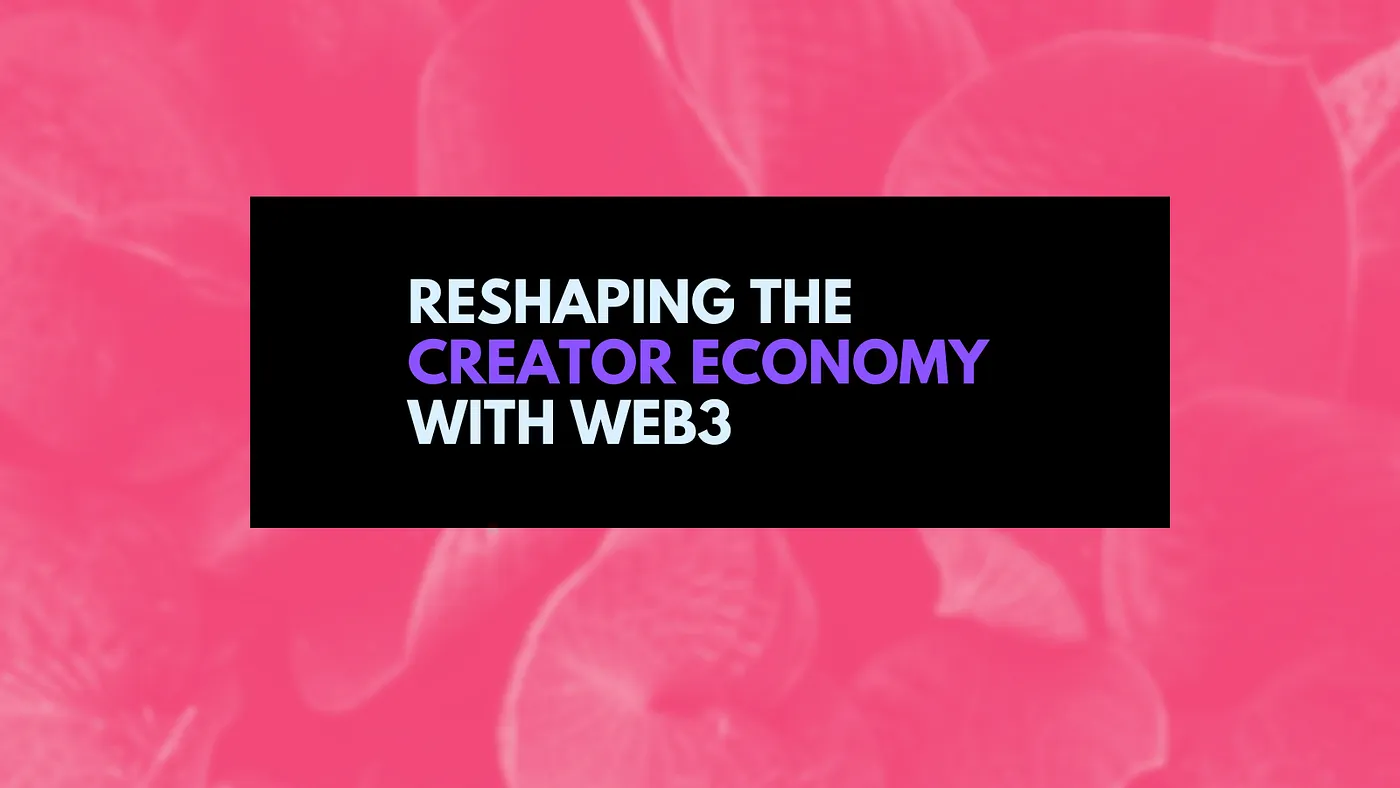
Creativity has always been a core part of human expression.
It’s driven innovation from the printing press to the interconnected
platforms of Web2, with platforms like YouTube, Instagram, and TikTok
redefining the modern creator economy, turning passions into viable
careers by making it easier to share content globally, monetize
skills, and engage directly with audiences.
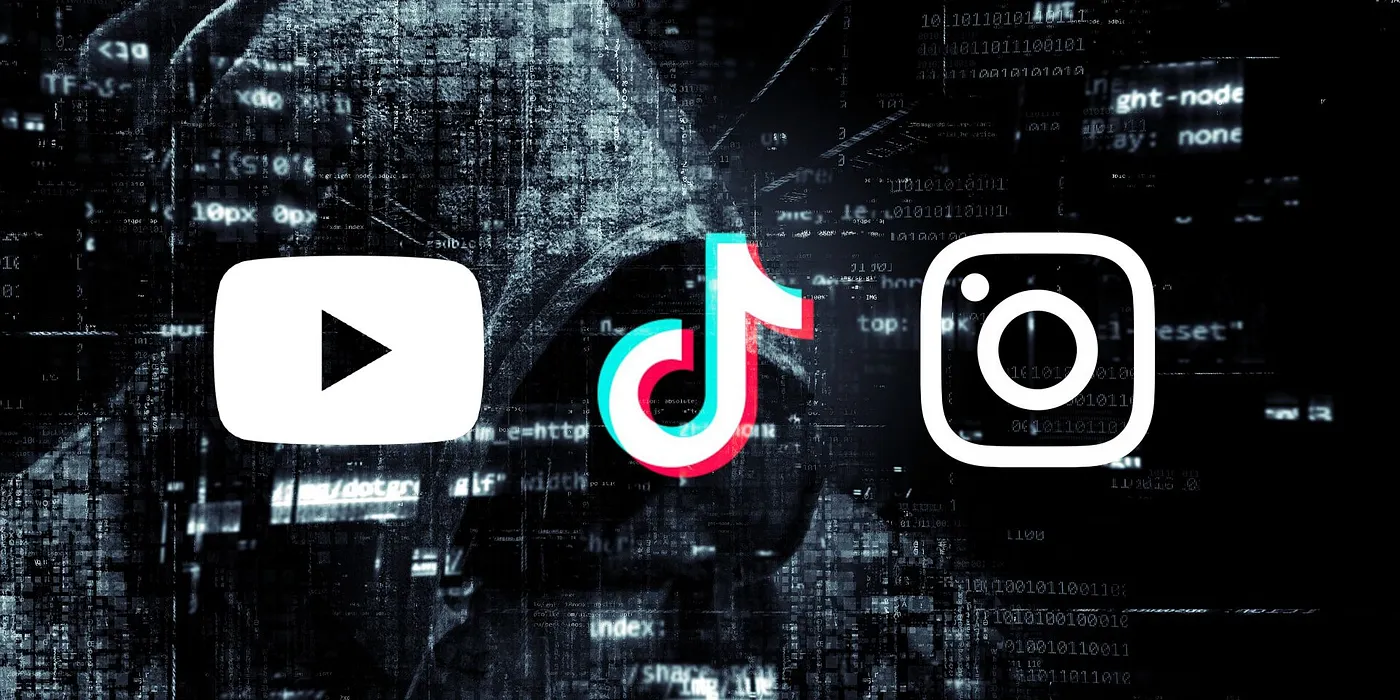
While these developments have opened doors, they have not resolved all
the underlying problems. Creators are still tied to the limits of
centralized platforms, algorithmic control, narrow monetization
options, and restricted data access that forces creators to play by
constantly shifting rules, often at the expense of their autonomy.
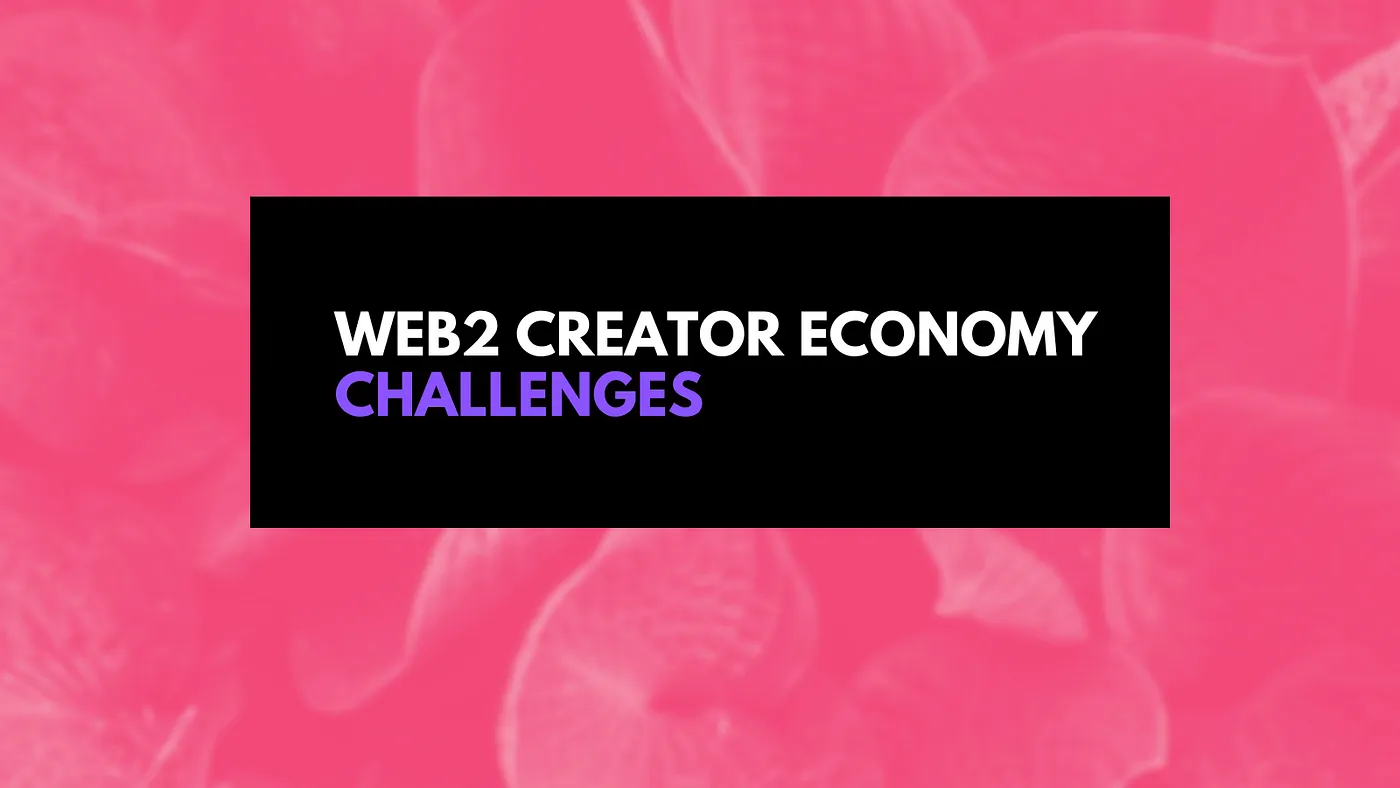
The modern creator economy began in the early 2000s with platforms
like YouTube, offering creators an unprecedented ability to connect
with global audiences. The real turning point however, was the
introduction of YouTube’s Partner Program in 2007, which allowed
creators to monetize their content through ad revenue, marking a
genuine shift in the digital content landscape.
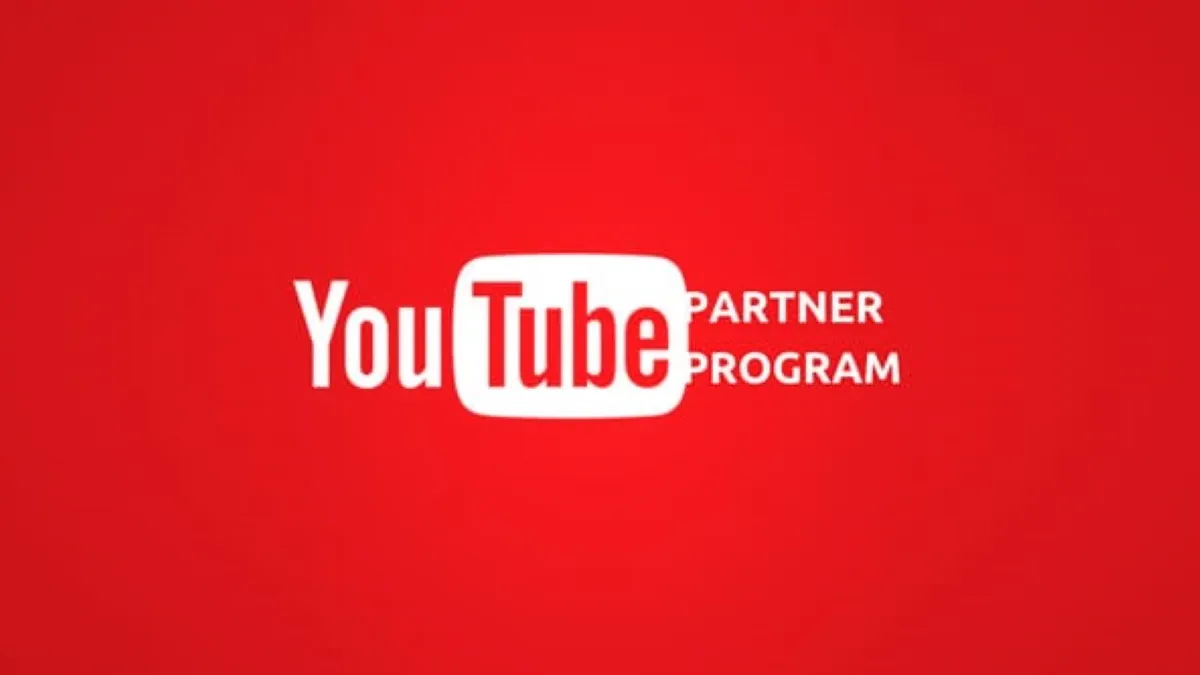
This move transformed what was once a hobby for many into a legitimate
career path, and over time, platforms such as Instagram, Patreon, and
TikTok emerged, offering creators more ways to engage with their
audiences and expand their income streams.
For the first time in human history, these platforms were able to
democratize content creation, lowering barriers to entry and enabling
anyone with internet access to share their voice.
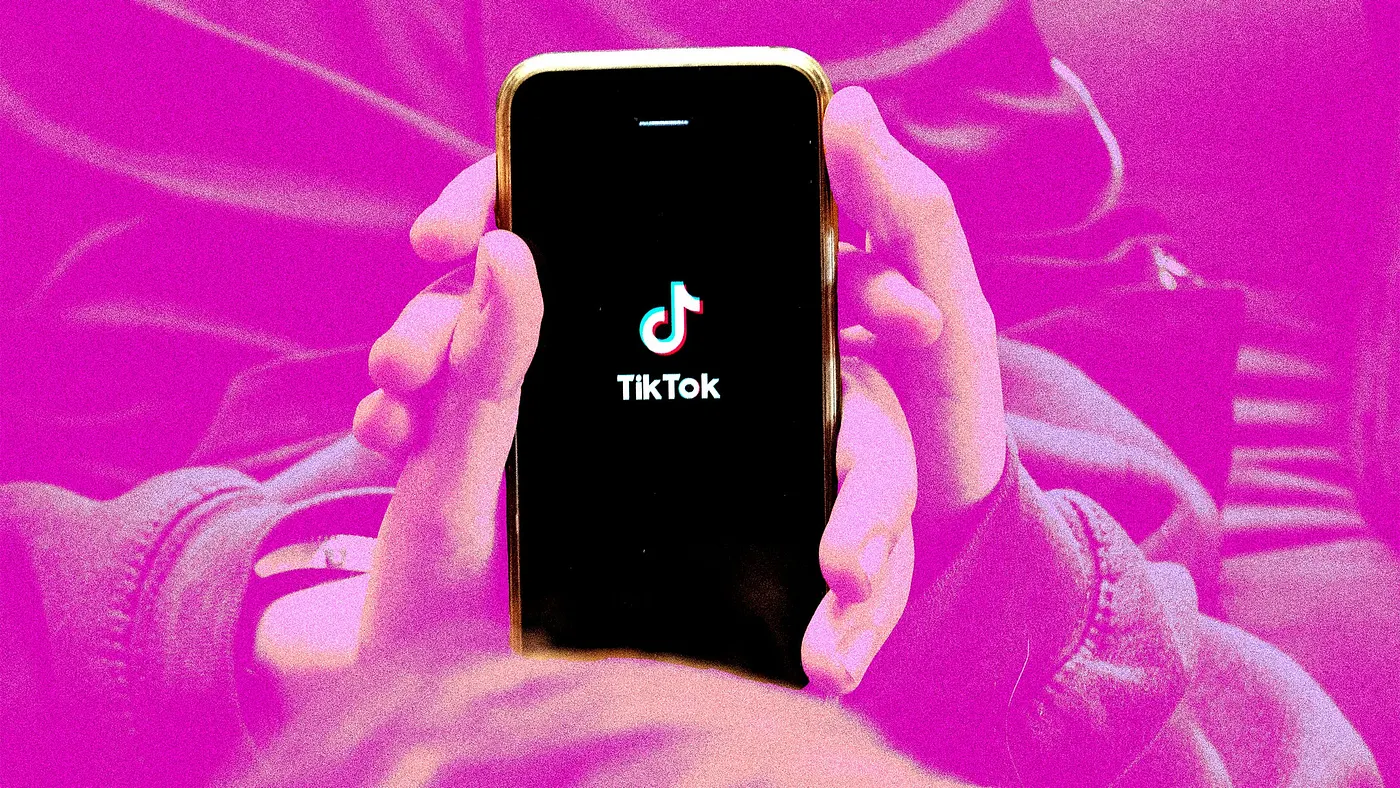
However, dependence on centralized platforms revealed a lot of
vulnerabilities, and the competitive nature of these ecosystems and
their reliance on algorithm-driven distribution made it challenging
for creators to establish long-term stability. Creators often found
themselves at the whim of the platform, chasing trends and optimizing
content for algorithms, sacrificing authenticity and creative freedom
in the process.
The Power of the Algorithm
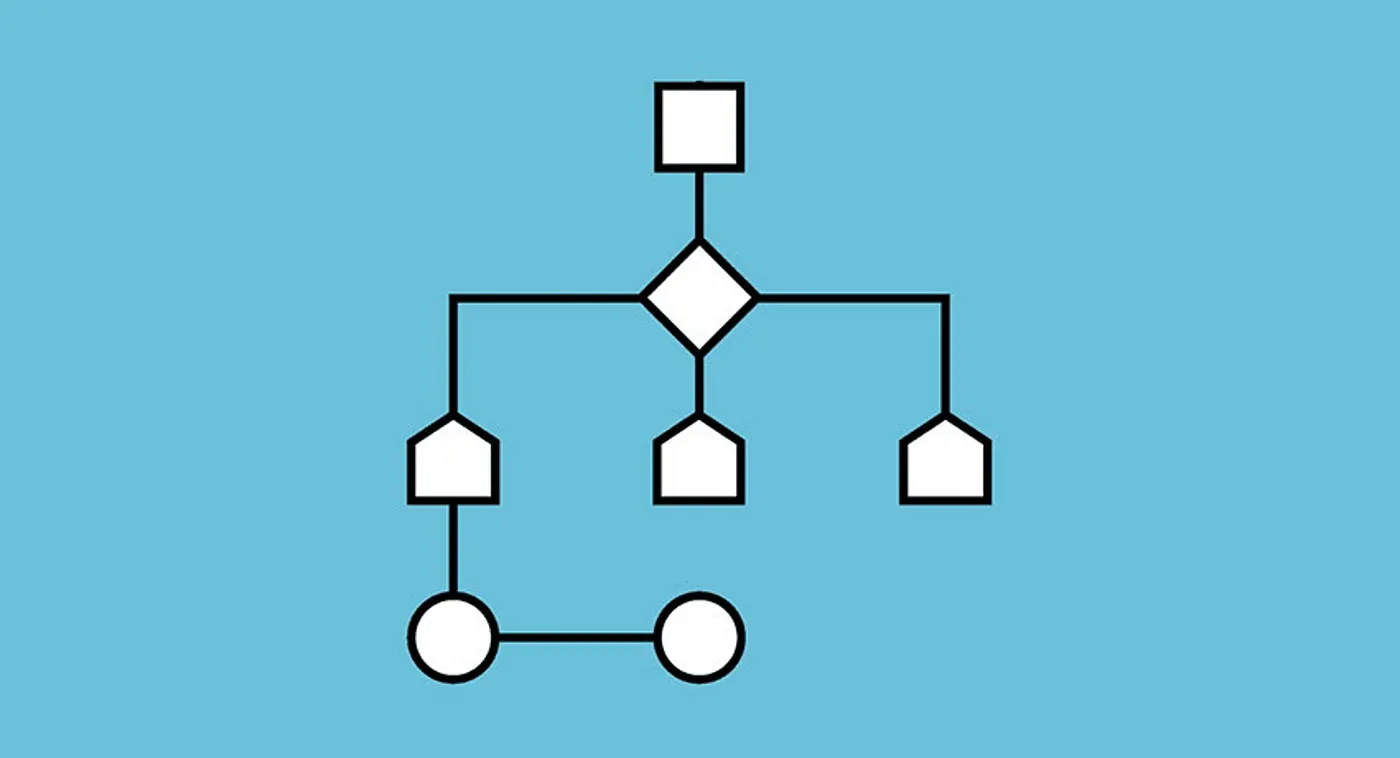
Algorithmic changes leave creators struggling to maintain visibility,
and abrupt policy shifts can disrupt their revenue. A notable example
of this was what the internet calls the Adpocalypse on YouTube, where
ad revenues for many creators were drastically slashed overnight,
leaving them scrambling to adapt. In addition to revenue instability,
platforms maintain strict control over data ownership, limiting
creators’ ability to analyze or leverage their audience effectively.
So, it’s quite clear that even with Web2’s massive success in the
creator economy, it still faces systemic issues that negatively affect
long-term sustainability for creators.
Platform Dependency
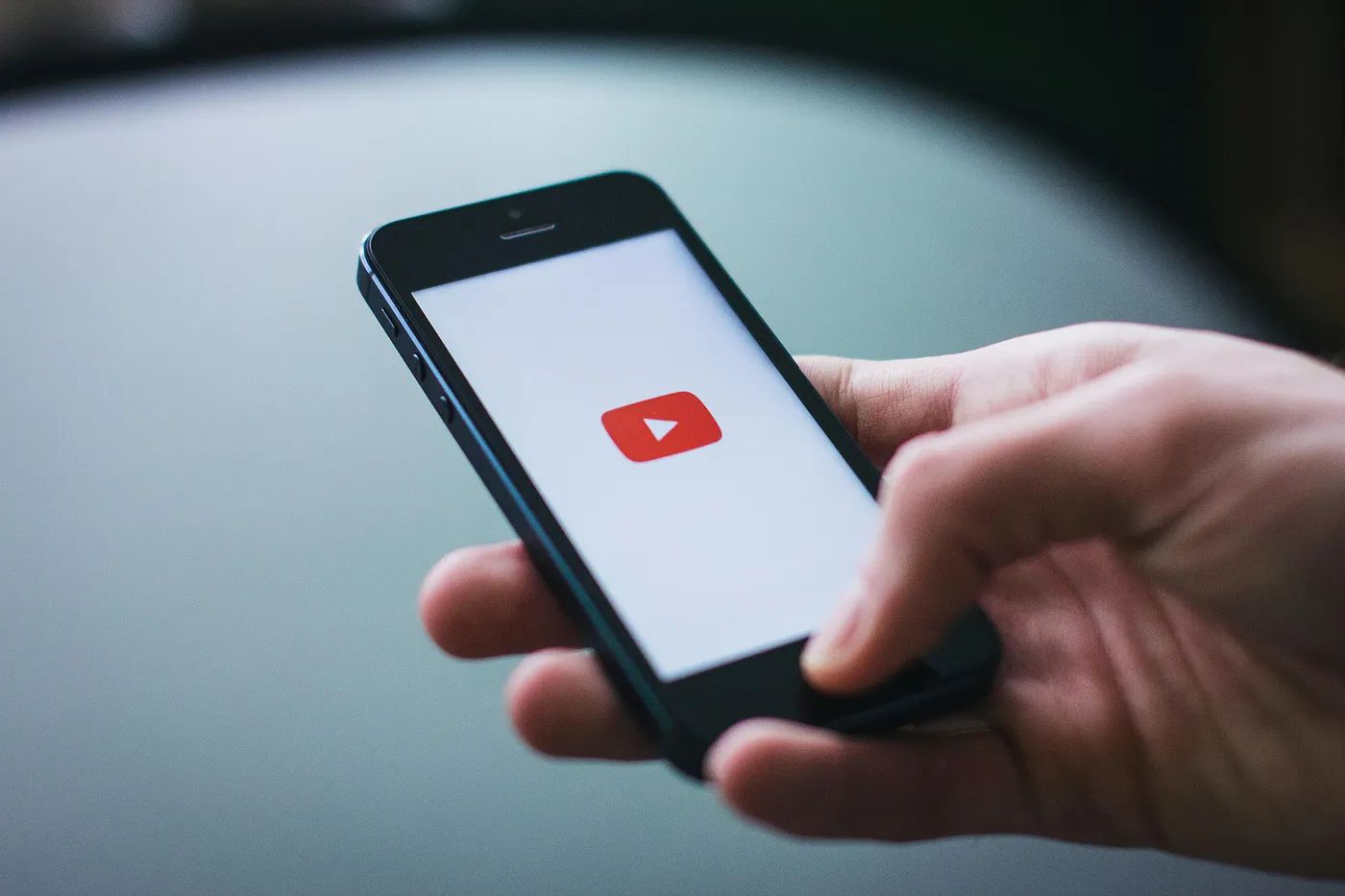
Creators heavily rely on centralized platforms for distribution and
monetization.
This dependency makes them vulnerable to sudden algorithmic changes or
policy updates. For example, TikTok’s algorithm shifts can
dramatically reduce a creator’s reach without explanation, forcing
them to constantly adapt their content strategies. Even established
creators find it difficult to build a stable audience under these
conditions.
Revenue Splits

Web2 platforms take significant cuts of creators’ earnings.
YouTube retains up to 45% of ad revenue, and Patreon charges up to 12%
in fees. These revenue splits disproportionately affect smaller
creators who lack alternative income streams, often leaving them with
minimal profits after platform fees and operational costs.
For creators in developing countries, these fees can be particularly
prohibitive, reducing their ability to compete on a global scale. High
transaction fees from payment processors like PayPal only compound
these issues, making traditional monetization models unsustainable for
many.
Data Ownership

Creators generate vast amounts of engagement data, but platforms
maintain control over its use.
The lack of direct access to their data leaves creators dependent on
platform-provided analytics. This limits creators’ ability to analyze
audience behavior, develop personalized strategies, or monetize
insights effectively. There have been countless high-profile data
misuse scandals, such as Cambridge Analytica’s misuse of Facebook
data, which have eroded trust in centralized platforms and simply
showcase the inherent risks of third-party data ownership.
Limited Monetization Models
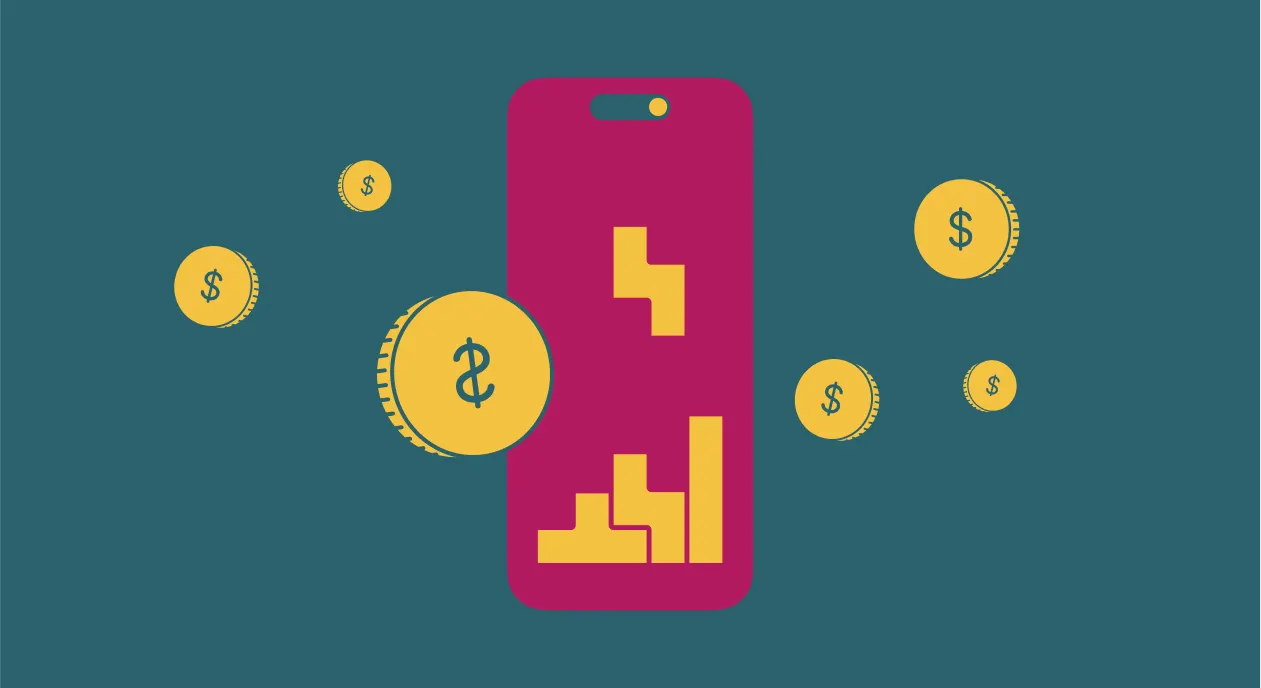
Traditional platforms provide less revenue options, such as ads,
subscriptions, or sponsorships.
This lack of diversity excludes many niche creators who are not able
to rely on these models for consistent income. A good example of this
would be independent journalists or niche artists that often struggle
to find sustainable monetization opportunities.
Superficial Fan Engagement
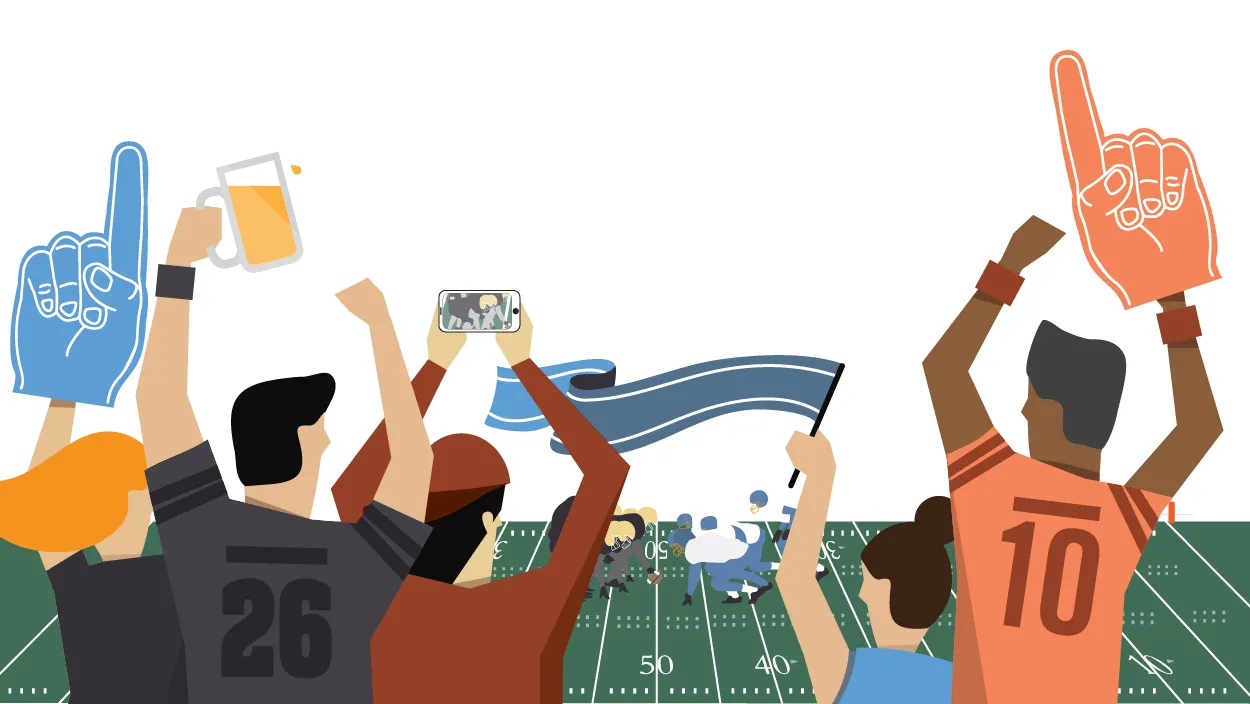
Web2 platforms restrict interactions to surface-level features like
likes, comments, and follows.
These rarely provide meaningful connections between creators and their
audiences, and do little to build long-term loyalty, offering no
mechanisms for fans to directly support creators or participate in
creative decisions.
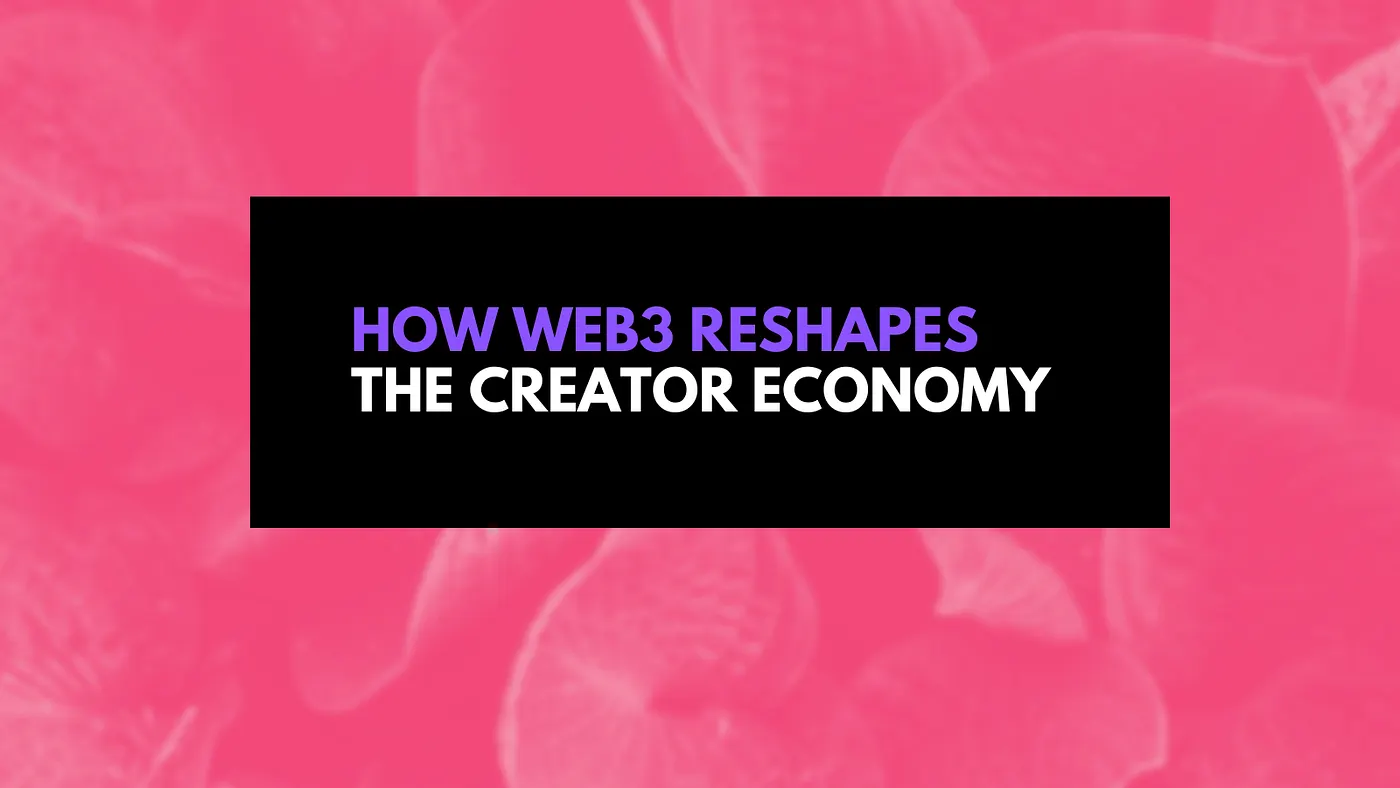
Traditional platforms often impose limitations on creators through
centralized controls.
This reduces flexibility in monetization strategies and restricts
long-term value capture. Decentralized marketplaces address these
challenges by enabling creators to maintain control over their assets
and sales processes.
Uptick Marketplace
for example, offers a flexible platform for creating, trading, and
managing NFTs and RWAs.
Modular
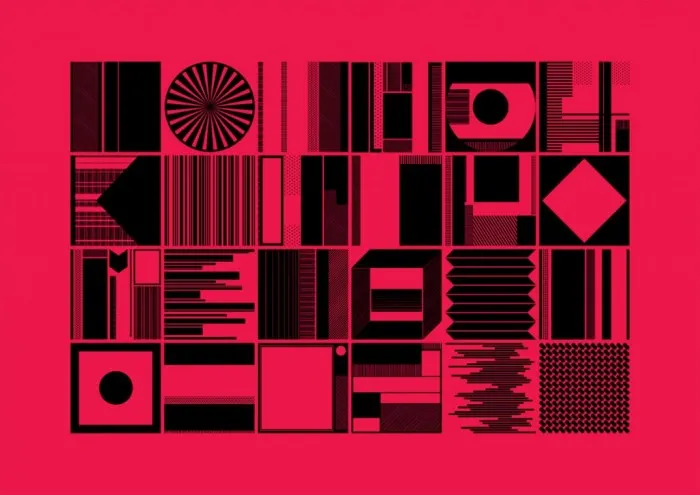
Built on Uptick Network’s modular infrastructure, the marketplace
supports a wide range of media formats and categories, catering to
creators, collectors, and brands.
Multi-chain compatibility allows interaction across Cosmos-based
chains and EVM networks, giving creators opportunities to explore
bundled NFTs, exclusive digital releases, and automated royalty
distribution. Features such as auctions, fixed pricing, and
time-limited offers provide additional monetization options, while
standards like ERC-2981 simplify revenue management and support value
capture across both primary and secondary sales.
Interoperable
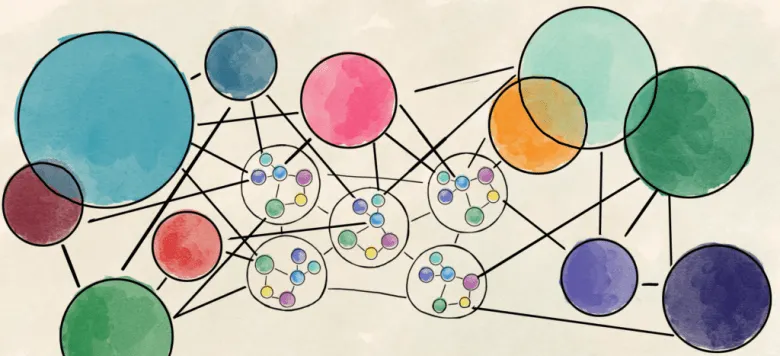
Uptick’s integration of the Uptick Cross-chain Bridge (UCB) and
Inter-Blockchain Communication (IBC) enhances interoperability across
blockchain ecosystems
This enables creators to reach broader audiences without sacrificing
ownership or control over their assets. Cross-chain transactions
improve revenue potential and eliminate the need for marketplace
intermediaries, reducing fees and making the platform more accessible
to creators globally.
RWA Integration
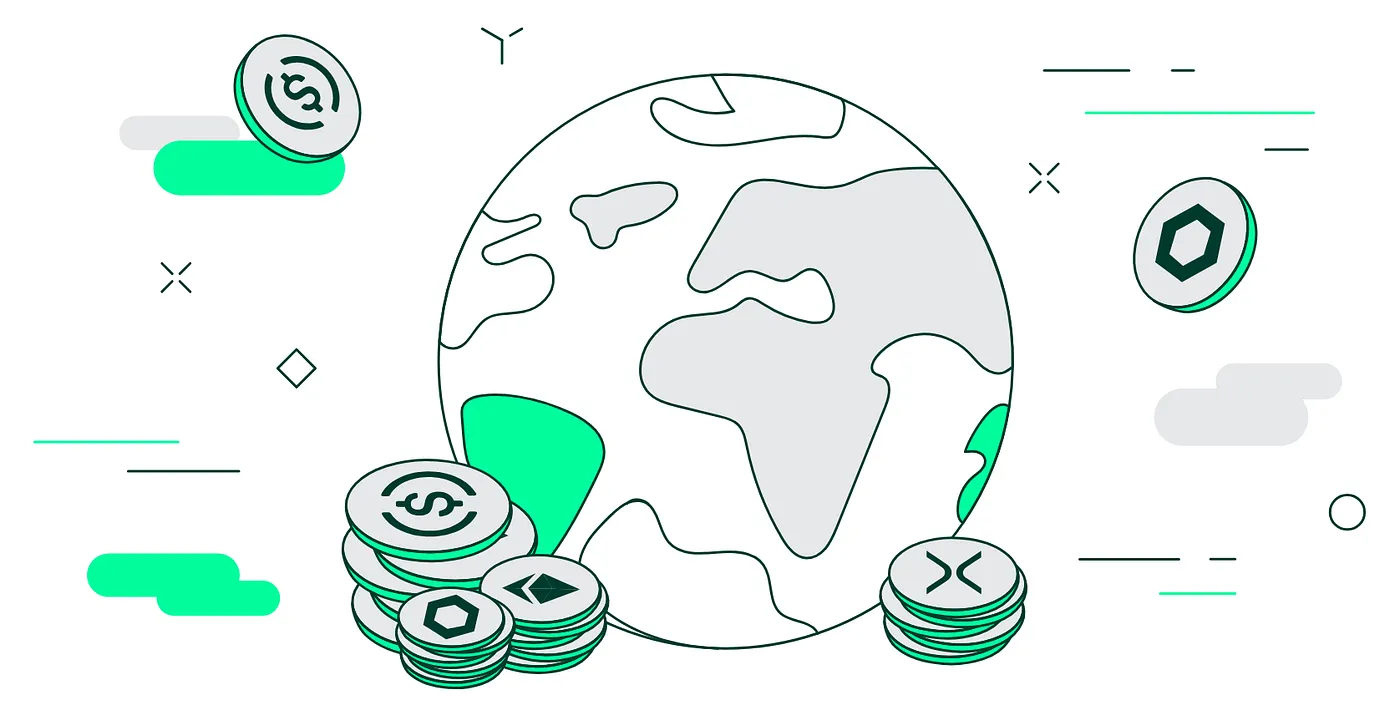
Web3 opens new possibilities for creators to bridge the physical and
digital worlds by tokenizing real-world assets.
Items such as signed memorabilia, limited-edition merchandise, or
event tickets can be tokenized, and Uptick Marketplace integrates
ERC-1948, enabling creators to assign dynamic data to their NFTs,
allowing asset information to evolve over time. With Uptick’s
tokenization framework, these physical items are securely linked
on-chain, embedding metadata, ownership records, and usage rights
directly into smart contracts.
For creators, tokenized RWAs offer a powerful way to expand revenue
streams while connecting with fans in innovative ways. An artist, for
instance, could pair physical prints with blockchain-verified digital
tokens and allow transactions using a number of digital assets such as
$UPTICK, $ETH, or USDC.
This type of innovation reflects a broader trend, as the tokenized RWA
market is projected to reach $15.6 trillion by 2030, driven by its
ability to unlock liquidity and provide access to traditionally
illiquid assets. This growth really shows the potential for creators
to leverage RWAs as part of a larger, emerging economy, offering fans
unique and meaningful ways to support their work while building
sustainable income models.
Rights Management

Uptick’s decentralized rights management tools empower creators to
embed usage terms directly into their assets.
Leveraging ERC-1948 dynamic data standards, creators can update usage
terms or metadata in real-time without re-minting tokens, enhancing
flexibility and control. This innovation supports evolving use cases,
such as licensing agreements for multimedia content or phased access
to exclusive materials, providing creators with a way to retain
ownership and adaptability across the asset lifecycle.
A photographer, for example, could tokenize their images with specific
usage rights, guaranteeing they are not used commercially without
proper authorization or compensation. This level of control enables
creators to confidently share their work, knowing that their rights
are protected across global markets.
Data Sovereignty
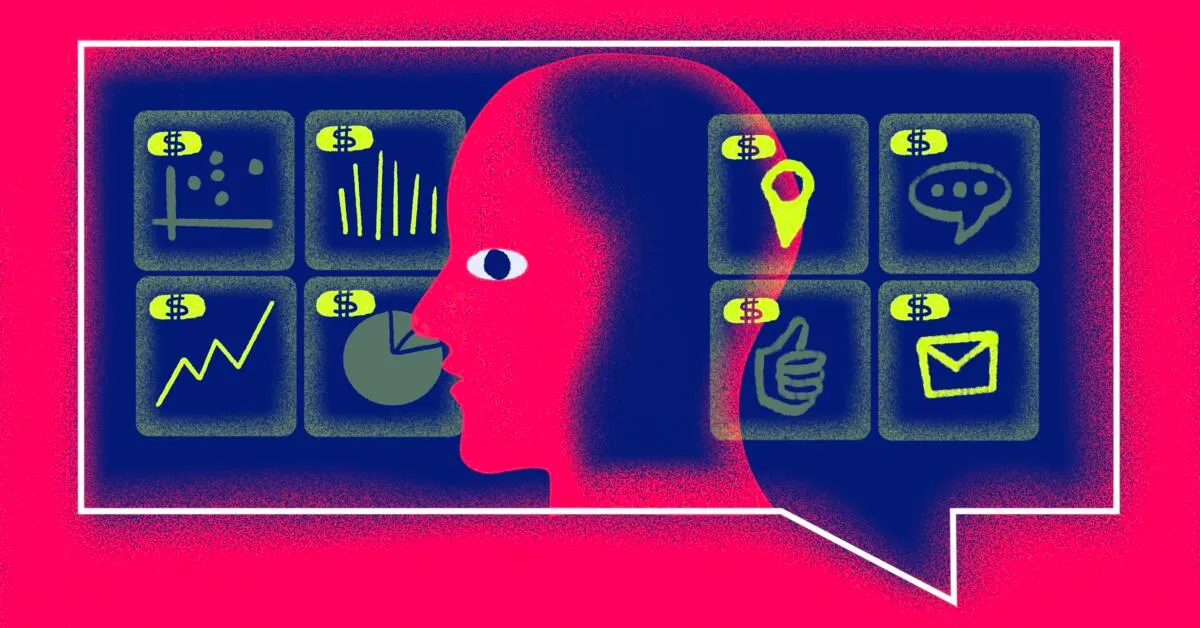
Uptick’s Decentralized Data Service enables creators to regain control
of their audience data and preserve their privacy.
This service integrates zero-knowledge proof (ZKP) mechanisms to allow
creators to analyze audience insights without exposing sensitive
information. Coupled with Uptick’s Decentralized Identity (DID)
solution, the system ensures that only verified audience interactions
contribute to engagement metrics, reducing fraud and enabling a deeper
level of trust between creators and their communities.
Enhanced Fan Engagement

Tokenized memberships on Uptick can enable creators to build loyal
communities by offering exclusive benefits.
This can range from early access to content, to personalized
interactions, or even voting rights on creative decisions.
These programmable tokens incentivize fan participation, and build
connection between creators and audiences. A good example of this
would be an artists issuing tokens that grant holders access to
behind-the-scenes content or private events, enabling a sense of
community. This model lets fan become more active, and strengthens
their loyalty and involvement in the creative process.
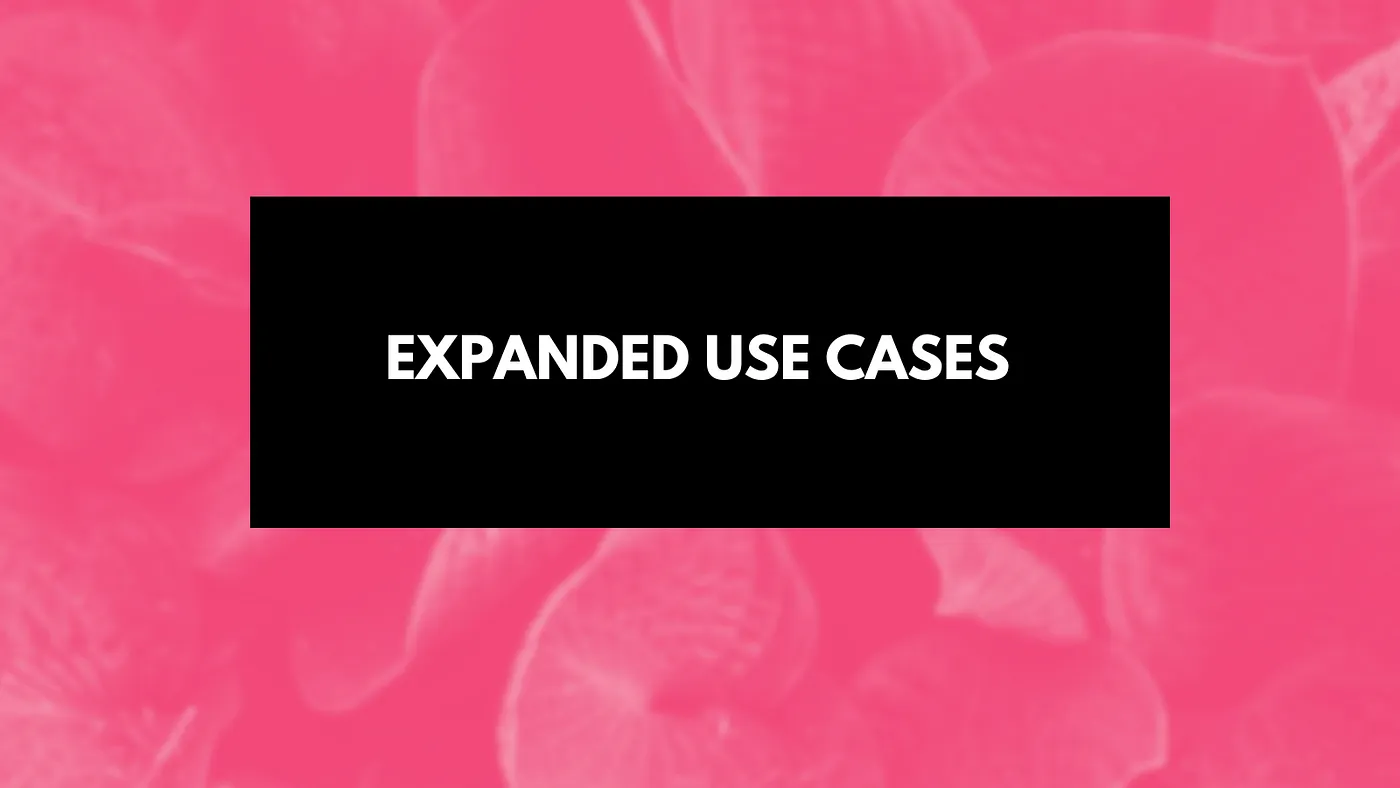
Web3’s provides the flexibility and scalability that allows creators
across a range of industries to explore new business models.
Music and Performance

Musicians can expand their creative offerings through bundling
physical albums with tokenized benefits.
VIP access, exclusive merchandise, or early concert tickets can be
utilized. Integrating RWAs into these tokenized packages allows
musicians to develop hybrid models that enhance fan experiences while
diversifying revenue streams.
These models also open opportunities for fan-driven initiatives,
including crowdfunded album releases. Fans receive tokens representing
their contributions, granting them access to exclusive perks and
creating a deeper connection to the artist’s work. Combining digital
and physical assets creates a more engaging and interactive
experience, blending traditional methods with Web3 innovations.
Gaming and Virtual
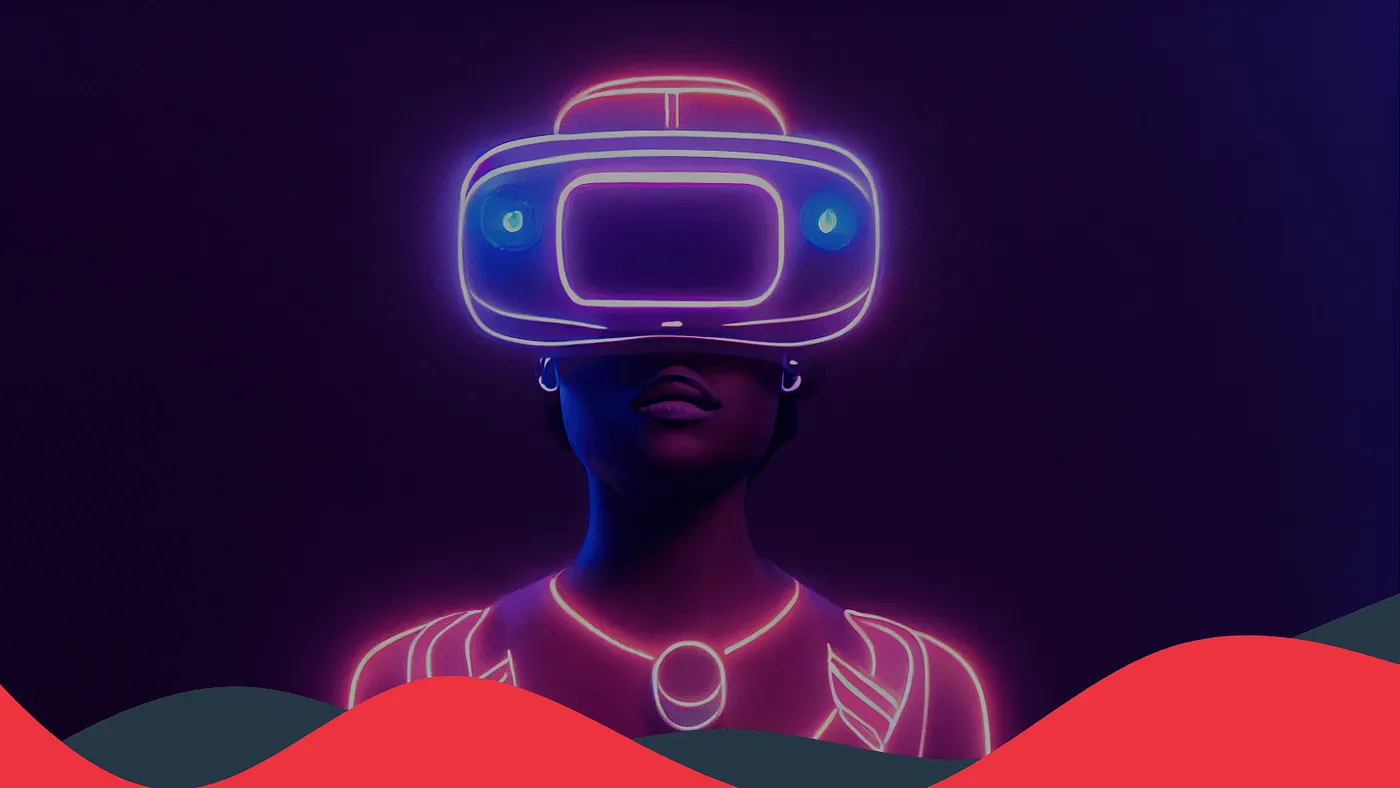
Game developers can tokenize in-game items, linking them to real-world
rewards.
Uptick’s cross-chain capabilities guarantee that these assets retain
utility across platforms, expanding their appeal to a broader
audience. For example, in the future, a developer could tokenize a
rare in-game item that grants owners exclusive physical merchandise or
event access.
The integration of tokenized assets into virtual worlds also enables
interoperability, allowing players to carry their items across
different games or metaverse platforms. This interconnectedness
represents the next shift in both gaming and fan engagement.
Art and Collectibles
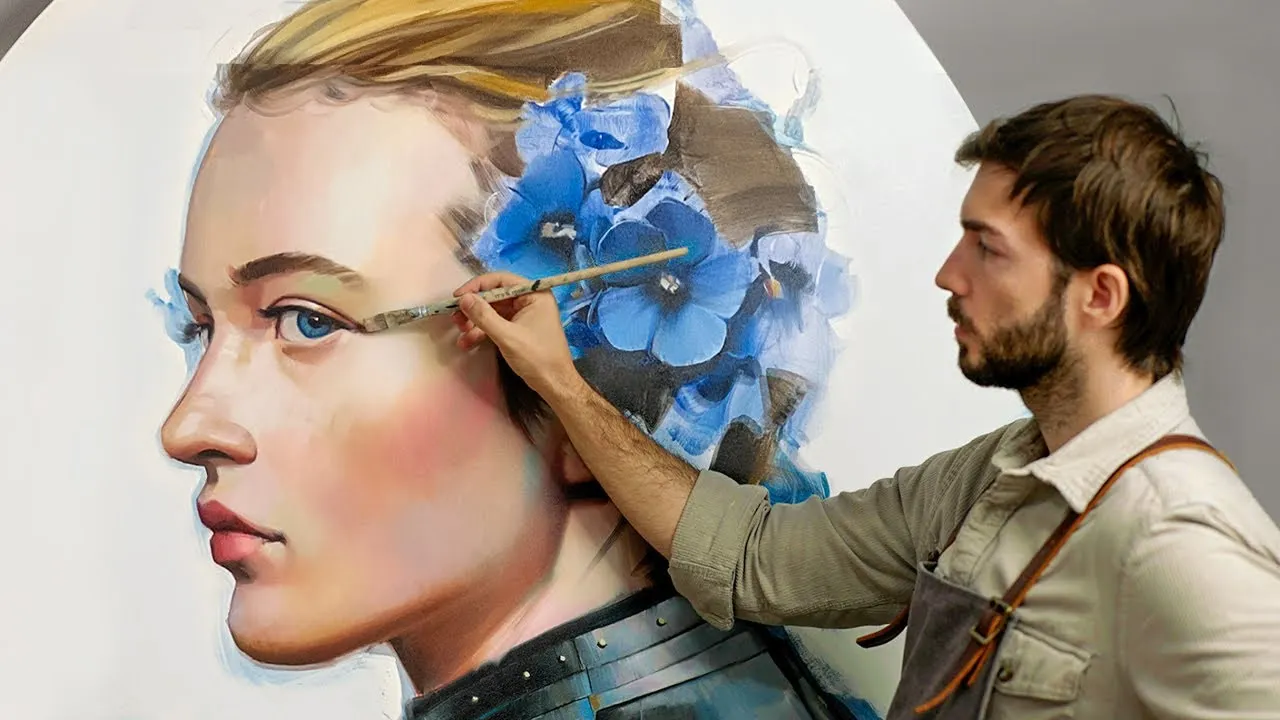
Artists can tokenize their physical and digital works, offering buyers
verifiable ownership and the ability to trade with ease.
Uptick’s infrastructure supports dynamic pricing, enabling creators to
reward early buyers while maintaining long-term value. This model has
already gained traction, with artists leveraging NFTs to sell
limited-edition prints or digital art collections.
On Uptick, artists can create hybrid offerings that combine digital
certificates with physical collectibles, enhancing the value
proposition for buyers. These hybrid models also enable greater fan
investment, as ownership carries both aesthetic and financial value.
Education and Certification

Creators in the education sector can tokenize access to courses or
workshops, granting holders verifiable credentials on the blockchain.
In the Uptick Ecosystem, platforms like
Vouch
enable these credentials to be securely issued as decentralized
identifiers (DIDs) and stored on-chain, immutably guaranteeing
transparency and trust.
This approach adds value for learners and streamlines the creator’s
revenue model, with tokenized certifications providing a reliable way
to validate skills or achievements, enhancing their professional and
academic relevance. Creators could also issue tokens that grant
lifetime access to educational content or unlock new modules as users
progress, enabling a dynamic and engaging learning experience.
With tools like Vouch in the Uptick Ecosystem, creators can
efficiently issue and manage credentials, meaning that learners have
secure access and verified records of their achievements.

Web3 opens a door that creators have been peering through for years,
offering a chance to finally navigate past the restrictions that come
with centralized platforms. For the first time, anybody can take
control of their work, their audience relationships, and their
revenue.
With tools to tokenize creations, manage rights, and explore new ways
of engaging fans, creators are no longer at the whim of shifting
algorithms or profit-skimming intermediaries.
Uptick infrastructure makes the transition from Web2 to Web3 both
achievable and practical.
As technology evolves, creators can now make their own way, build
deeper connections with their audiences, and, most importantly, retain
full ownership of their work — an idea that once felt out of reach.
Uptick provides the tools and infrastructure to make this shift
accessible to everyone, driving the transition to the next generation
of the internet.
This evolution enables meaningful relationships between creators and
audiences, shaping a more balanced and sustainable ecosystem. At
Uptick, we believe these changes matter, offering creators and fans
real opportunities to build something better and create lasting value
in everyday life.
Ownership is the foundation of the internet’s next chapter, and we aim
to be the catalyst that makes it a reality for everyone.

























